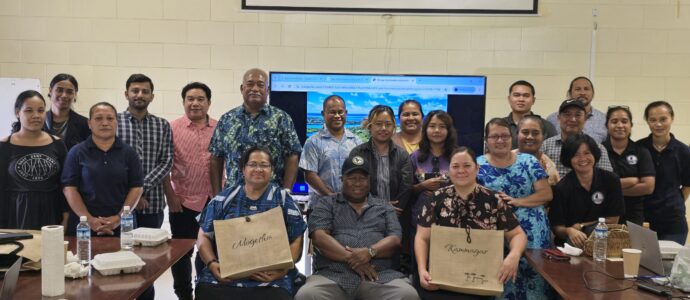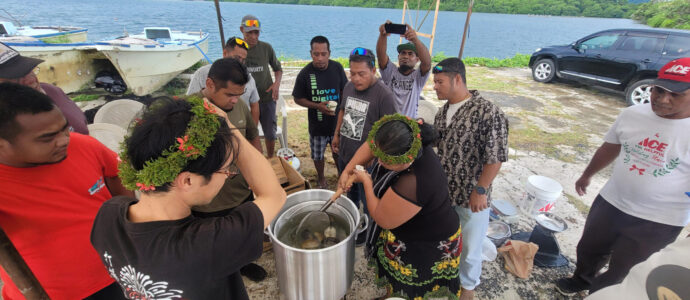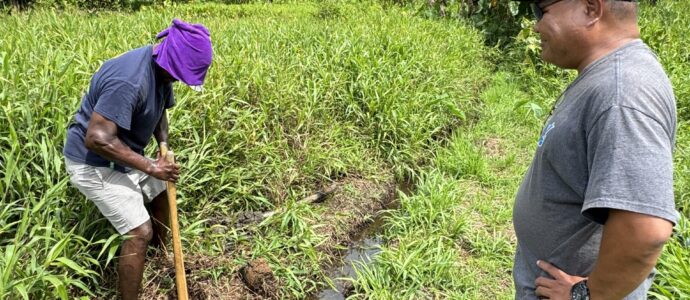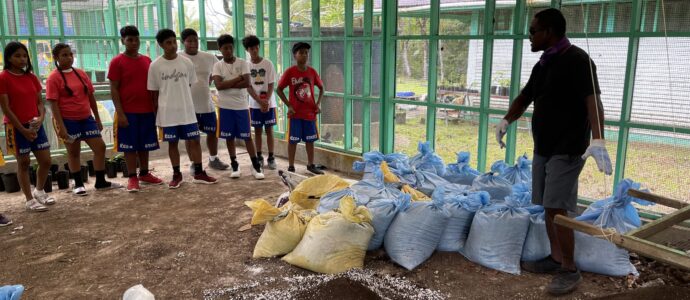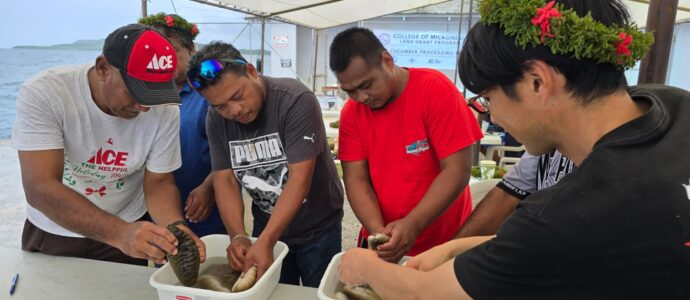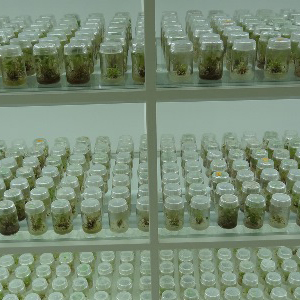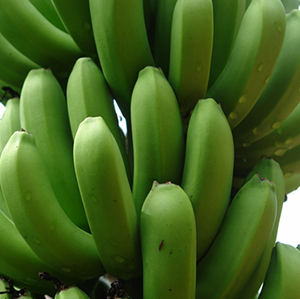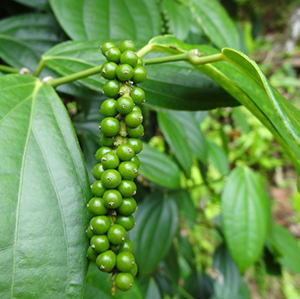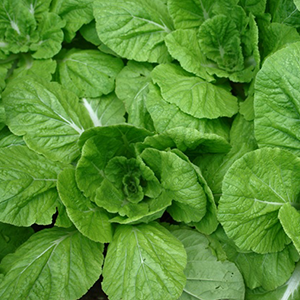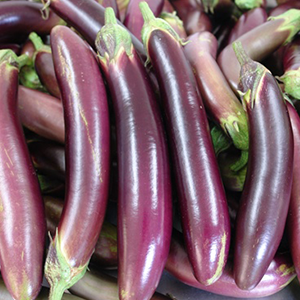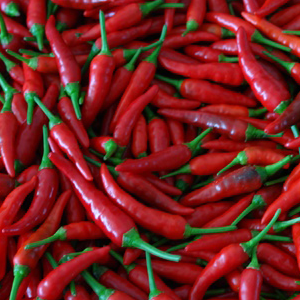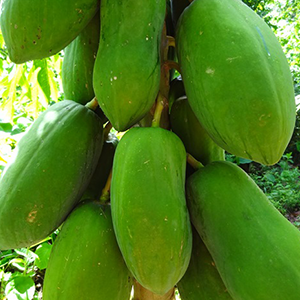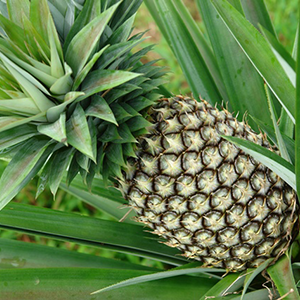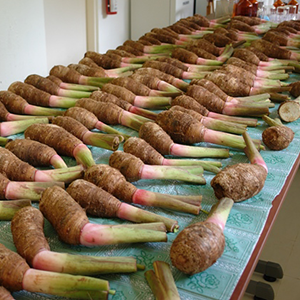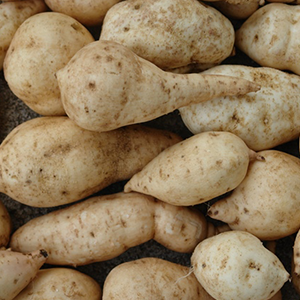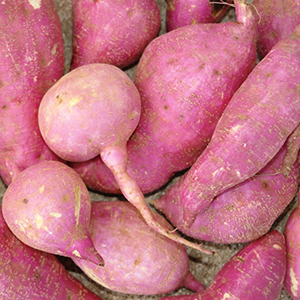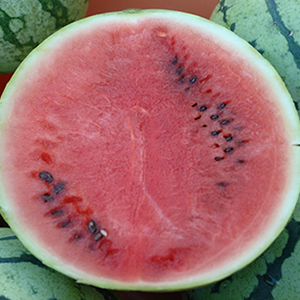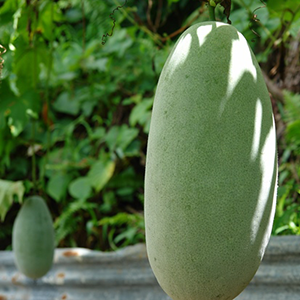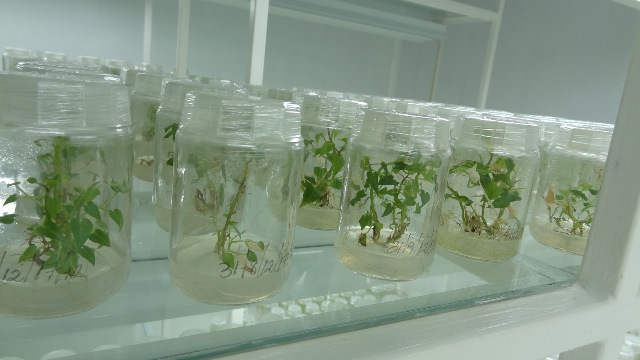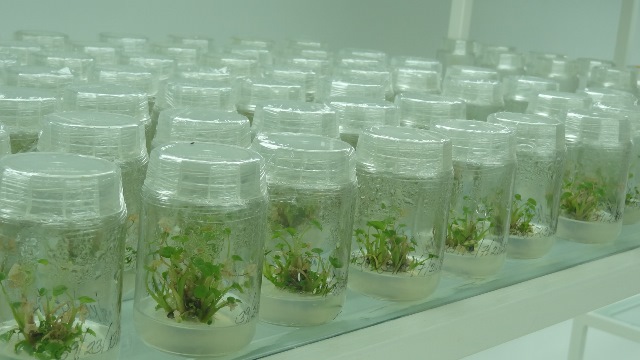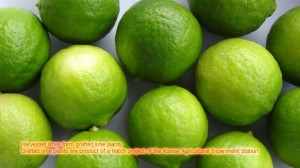KOSRAE, FSM. Dr. Virendra M. Verma, Researcher and Extension Specialist, Kosrae Agricultural Experiment Station.
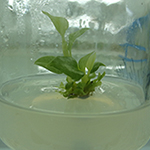
The United States Department of Agriculture, National Institute of Food and Agriculture (USDA-NIFA) approved multi-state/site research project on black pepper for Micronesia entitled Micropropagation for elite seedling production: Comparison of local practices and commercial cultivation methods. This is the first multi-state/site research project initiated after recent recommendation from the College of Micronesia’s Board of Regents. The project director of this project Dr. Virendra M. Verma shared that this project aims towards developing sustainable black pepper production in Micronesia by providing elite and disease-free seedlings, appropriate recommendations for commercial production, and developing skills and improving knowledge of local farmers about black pepper cultivation.
The project is of great significance as non-availability of disease-free and elite seedlings, shortage of trained agricultural professionals, and limited skills of farmers for commercial production have caused serious decline in black pepper production in Micronesia. Black pepper (Piper nigrum L.) belongs to the family Piperaceae. It is a universal table condiment used to flavor all types of cuisines worldwide and is known to stimulate metabolism, aid absorption of nutrients, and boost the efficacy of drugs. This project is specifically designed to develop micropropagation and nursery management systems to produce elite, disease-free seedlings in bulk quantities, and provide appropriate recommendations and adequate opportunities to educate and train local farmers in sustainable commercial black pepper production.
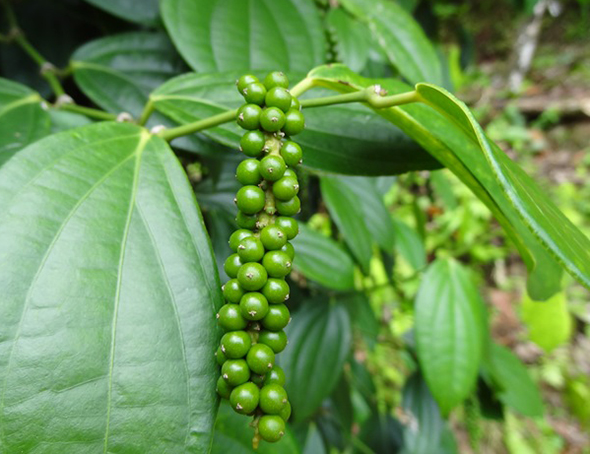
The project activities include: Collection of black pepper germplasm and establishment of in vitro cultures of collected germplasm; development of efficient micropropagation protocols for the multiplication of collected germplasm, development of acclimatization and nursery management systems to produce elite seedlings for commercial cultivation; designing comparative study of local practices and commercial cultivation methods; implement and conduct research trials at multiple sites and collect data for analysis; development and publication of commercial black pepper cultivation guide; and providing recommendations for sustainable black pepper production.
The extension and outreach activities will develop positive attitudes, zeal for learning sustainable cultivation techniques and farming aspects of black pepper, and will change the behavior of the participating farmers. Production of elite and disease-free black pepper seedlings will increase. Participants of extension and outreach activities will be guided to adopt recommended techniques and start commercial black pepper production farms. The ultimate goal of the project is to develop sustainable commercial black pepper production systems in Micronesia through providing elite, disease-free black pepper seedlings in bulk quantities and by improving knowledge and developing skills of local farmers about black pepper micropropagation, acclimatization and nursery management systems.

